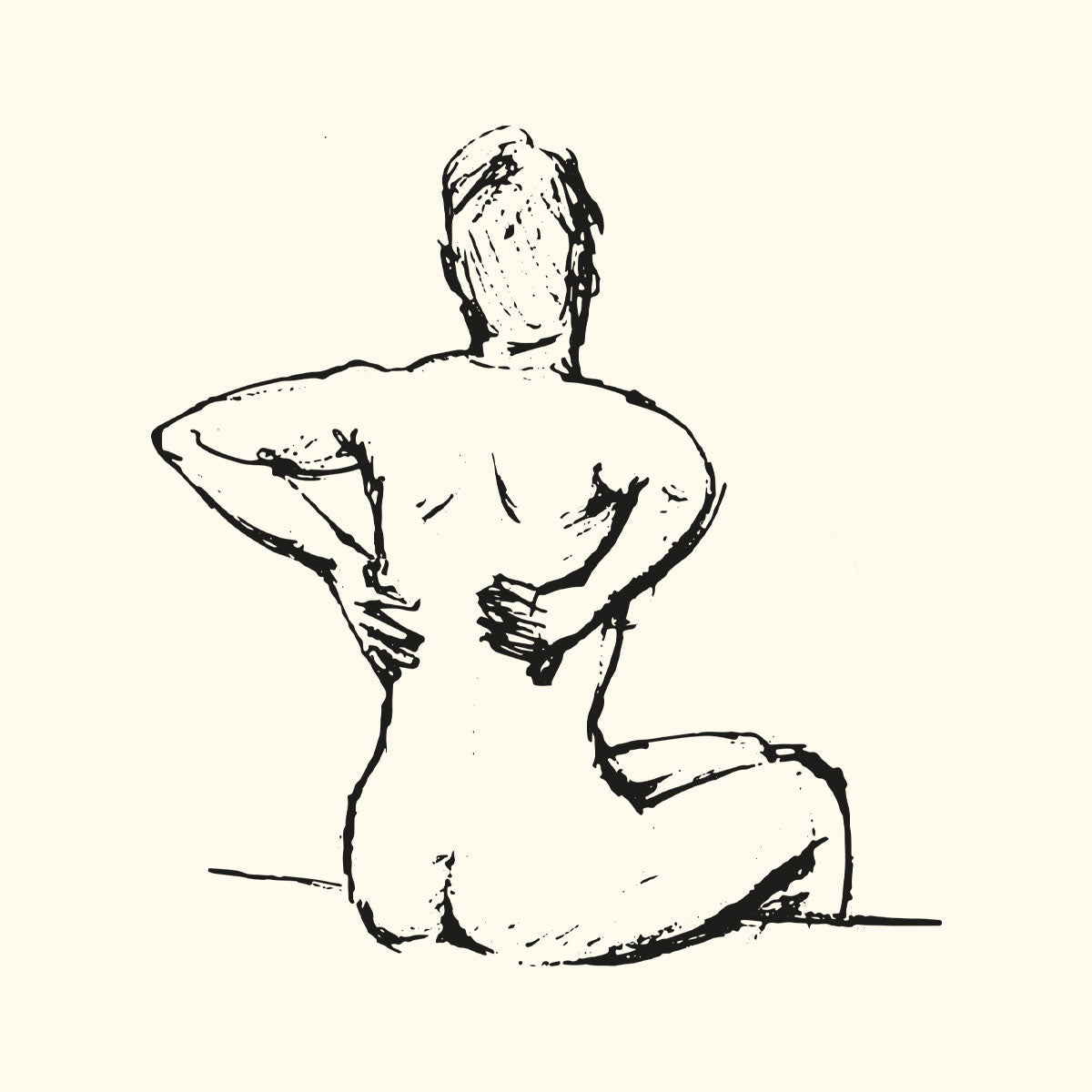CBD is a popular choice for those looking for a natural treatment. With research telling us that CBD may be useful in improving a range of symptoms, this natural treatment option has soared in popularity recently.
But while you might have heard all about the possible benefits of CBD, you might not know about how CBD interacts with your body and, specifically, how long it stays there. To keep you informed on exactly what to expect from CBD, we’ve rounded up everything you need to know about how long CBD stays in your system.
What is CBD?
CBD is a naturally occurring compound found in cannabis plants. CBD can also be purchased in its isolated form and has garnered quite a reputation for its potential therapeutic health benefits. Research into CBD suggests that it could help to improve the symptoms of anxiety, sleep disorders, pain, inflammatory conditions, and skin disorders (1, 2, 3, 4, 5).
While CBD is found in cannabis, it can’t get you high. Another compound called THC is instead responsible for the psychotropic effects of cannabis.
How does CBD work in the body?
CBD affects your body by interacting with our different receptor systems and enzymes. CBD is a type of compound called a cannabinoid; other cannabinoids include THC, CBG, and CBN. Cannabinoids typically induce their effects on the body by binding to cannabinoid receptors called CB1 and CB2. However, CBD acts slightly differently than these other cannabinoids. CBD can only weakly bind to CB1 and CB2, so it is unlikely that these receptors are how CBD induces its effects.
Instead, CBD binds to non-cannabinoid receptors to cause its various effects. The type of response CBD induces will depend on the receptor it is bound to. For example, when CBD binds to the serotonin receptor 5-HT1A, it causes antidepressant-like effects that are associated with serotonin production (6).
CBD can also work in the body by acting on enzymes involved in the endocannabinoid system. We all have an endocannabinoid system; it is a complicated network of cell signalling that plays a key role in regulating many body processes. It is thought that CBD may affect our bodies by acting on different enzymes involved in the endocannabinoid system. These enzymes either speed up or slow down the breakdown of endocannabinoids, a type of cannabinoid that is naturally produced in our bodies. By acting on these enzymes, CBD could increase or reduce the effects of endocannabinoids (7).
How long does CBD stay in your system?
How long CBD will stay in your system largely depends on the method you use to consume it. Some delivery methods will provide you with strong but short-lasting effects, while others will provide you with sustained and mild effects. The delivery method that is best for you will depend on your preferences and needs.
Vaping
Vaping will provide you with the strongest results from CBD, but it will stay in your system for only a short while. Because of how permeable our lungs are, CBD can be quickly absorbed into the bloodstream when inhaled via vaping and can reach peak blood concentration in as quickly as 3 minutes after consumption (8). You can also expect strong results when vaping CBD; up to 70% of CBD is absorbed into the bloodstream when inhaled (9). With short, strong effects, vaping is likely to be the preferred method for people with strong symptoms looking for immediate relief.
Ingestible / Edibles
Ingestible or edible CBD products are a popular consumption method thanks to their low-fuss nature. When it comes to how long edible CBD products stay in your system, you’re looking at low and slow delivery. Around 6-20% of CBD will reach your bloodstream when you eat it; this is because of the high metabolic action of the gut, which breaks down much of the CBD before it can reach your bloodstream (10). While the effects of CBD edibles may be lower, they will last for longer, reaching their peak levels at 1.5-3 hours post-consumption (11). This makes edible CBD products ideal for those looking for sustained treatment of chronic conditions. It is also a good option for those new to CBD who may be intimidated by vaping and want to start with a lower dose.
Oral CBD oil
Oral CBD oil is a slightly different consumption method to edibles. Edible CBD products are essentially food items that include CBD as an ingredient such as candy or smoothies. Oral CBD oil, on the other hand, involves taking CBD oils directly, rather than adding them to food. CBD oils and tinctures placed under your tongue are absorbed quickly and stay in your system longer. Oral CBD oil could be a good choice if you enjoy the long-lasting effects of CBD edibles but want fast-acting relief.
Nasal spray
You may not have heard of CBD nasal sprays, but it is a quick and effective way to consume CBD. Because of the thin membrane of the nasal passage, CBD can be quickly absorbed when sprayed into the nose. You can expect up to 46% of CBD to reach your bloodstream when delivered by nasal spray, not as strong as vaping, but still relatively high (12). You can also expect relatively quick, short-lasting effects, with CBD nasal sprays reaching peak concentration after 10 minutes (13). With strong and quick effects, CBD nasal sprays could be an excellent option for those with acute symptoms who are intimidated by the complicated nature of vaping.
Topicals
Another way to consume CBD is to rub it on your skin. Topical CBD products include lotions, balms, oils, shampoos and other CBD skincare products. Because of the structure of CBD, topicals are likely to only deliver a small amount of CBD into your bloodstream. Cannabinoids like CBD are hydrophobic, which means they can’t dissolve in water. Our skin has high water content, so the chances of CBD being able to travel through the skin is low.
One way that you could possibly improve the effectiveness of topical CBD products is by ensuring they contain argan or olive oil. While cannabinoids can’t dissolve in water, they can dissolve in oil and these oils may be able to act as a carrier and transport CBD through the skin (14). With their low effects and easy non-intimidating application, topical CBD products may be ideal for those new to CBD who are wanting to start off slow and target specific areas of their body.
Smoking
While smoking might seem similar to vaping, it is quite a different substance that is being inhaled. Vaping involves inhaling vapour from CBD isolate, while smoking involves inhaling the smoke from burning a CBD product. Smoking CBD will result in strong effects, just not as high as vaping. Research tells us that smoking CBD can result in a bioavailability of around 31% (14). Because of how absorbent the cells in our lungs are, you are likely to experience quick absorption from smoking CBD and, therefore, shorter lasting effects.
The bottom line
How long CBD stays in your system largely depends on the way you choose to consume it. Delivery methods like vaping, smoking, and nasal sprays will provide you with strong effects that will disappear quickly, while CBD edibles will stay in your system for hours.
When it comes to deciding which delivery method is best for you, we recommend considering how long you want to experience the possible effects of CBD and how strong you want those possible effects to be.
 |
Medically reviewed for KLORIS by Sarah Neidler, PhD |






